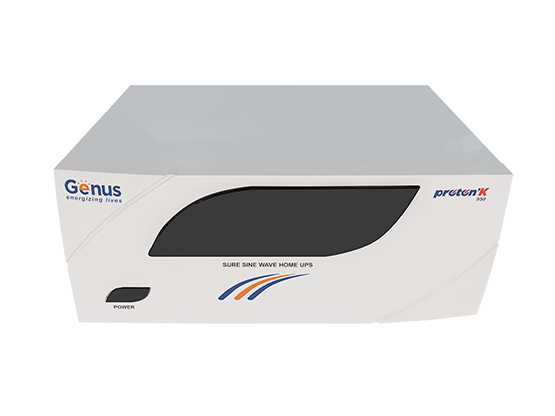Harnessing solar energy is a great way to generate electricity and reduce dependency on fossil fuels. The electricity generated through solar panels can be used in the same way as power distributed by the main power grid. That said, though in the long term, using solar energy does help you save money, it does have an expensive price tag attached. So, is installing a solar inverter for home right for you? Here are a few questions to ask yourself before you make a decision.
Are You Likely to Shift Your Home?
Once solar panels are installed, they have a lifespan of at least a decade. That’s 10-years you will not have to worry about electricity. However, moving the panels and re-installing them during this time can be difficult and stressful. For this reason, solar panels are not usually recommended for rental homes. If you’re living in a house that you know will be your home for the next 10-20 years, using a solar inverter for home may be perfect for you. But, if you know you’ll be shifting home often, don’t rely on solar energy as the main source of electricity for your home.
Do You Have Access to Enough Space for The Panels?
Solar energy is generated when the sun’s rays fall on the panels. Thus, for the panels to work efficiently, they must have unobstructed access to sunlight. The panels can be installed on the roof of your home as well as on the ground. What matters most is that they must not be under the shade of another building, trees or billboards. You cannot someone else from constructing something that may later shade the panels. Hence, before you consider using solar power, look for a site that you know will not later be shaded by anything else.
What are Your Power Requirements Like?
One of the biggest advantages of using solar power is that it helps lower your monthly electricity bills. But, if your electricity consumption isn’t very high to begin with, you may not be worried by the bills anyway. However, if your monthly electricity bills are quite high, the savings from using solar power can quickly add up. What this means is that solar power is ideal in situations where your bills are higher than you would like. If your savings will not be much, it will take longer to recover the initial set-up costs.
Asking yourself these 3 questions should help you assess whether a solar inverter for home is right for you or not. In addition, you should note that solar power can be useful only in areas that receive plenty of sunshine throughout the year. If you’re not sure, you could try using hybrid Inverters. A hybrid inverter is one that lets you use power from solar panels as well as the main power grid. It ensures that you have a steady supply of electricity irrespective of the weather. If you do choose to use a solar inverter, you won’t just be saving money, you’ll also do your part to lower global pollution levels.


